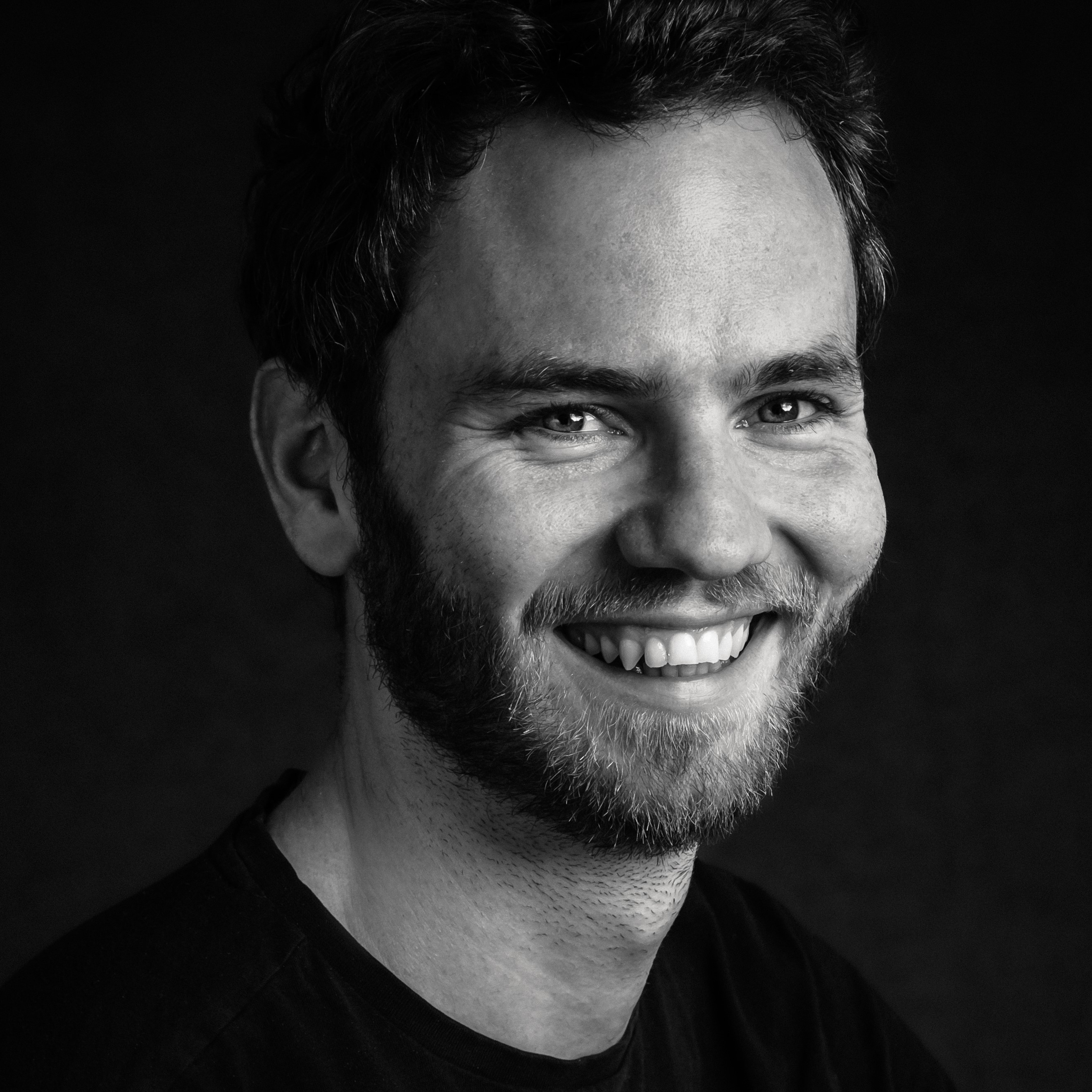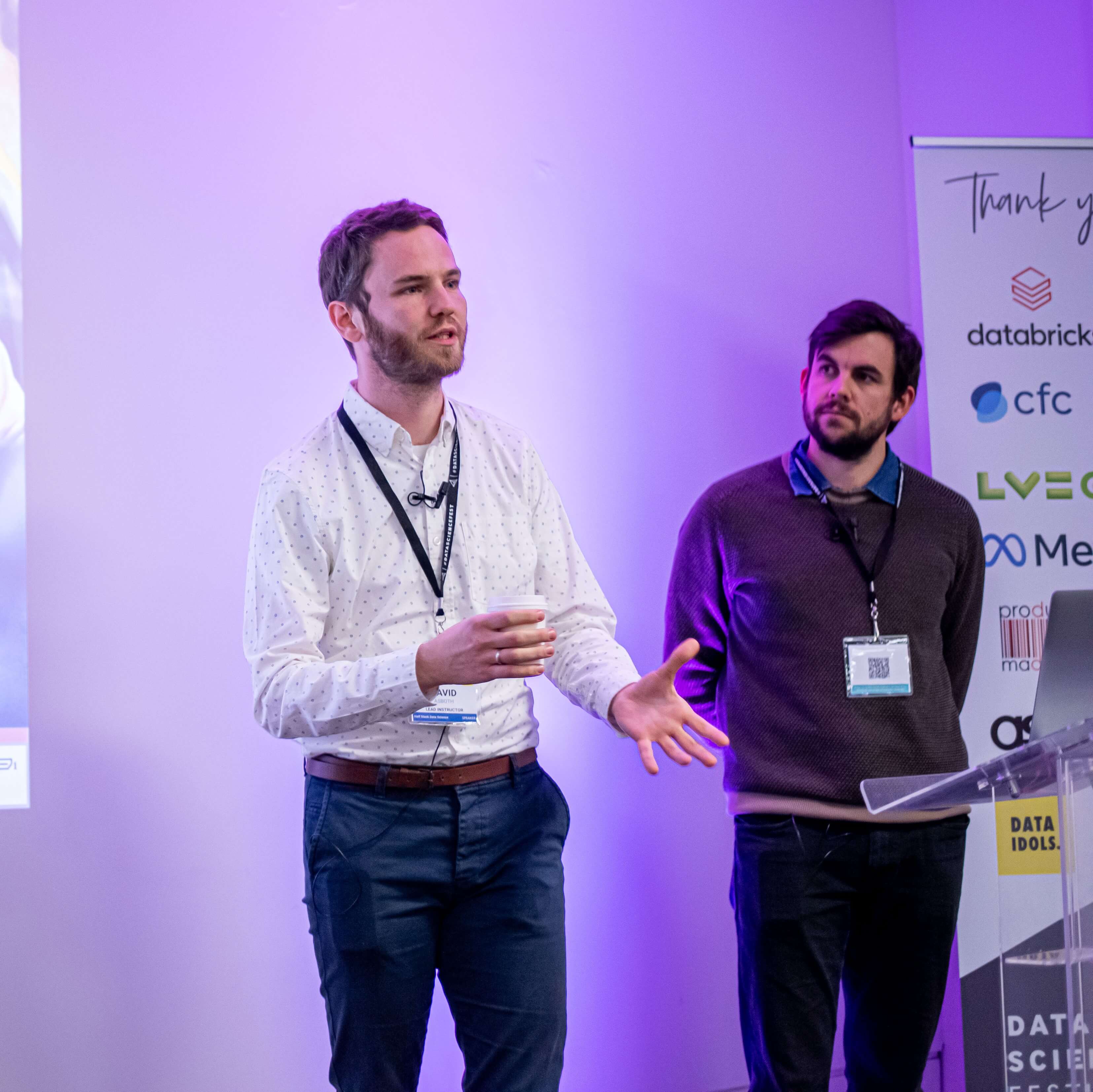I'm at an interesting crossroads in my career.
If anyone asks me what I do, I say I'm a data scientist. That term is too broad, however; a few minutes on any job site will reveal that "data scientist" can mean someone with a PhD in molecular biology just as much as someone who builds robust data pipelines, all the way to someone who can use Excel quite well, and everything in between. We're fast approaching peak data science where everyone wants to be a data scientist.
This presents a problem.
If I keep saying I'm a data scientist, looking for work is a long and painful slog reading every single job description hoping that something suits me. As time goes on, I'm finding myself less and less excited about advertised data science roles. Something's been lost in the name. If I explicitly move away from calling myself that though, I miss out on a huge chunk of the market.
I'm sure I'm not alone in this. Data science attracts people from incredibly diverse backgrounds. There's no medical school for data science; we all have our own skills that we bring to the job. It shouldn't be a surprise if "data scientist" is therefore too broad to summarise us all.
Time to work backwards. Start with my skill set and what I actually enjoy doing, settle on a specific job title later. Here's what I've done in my career to date:
- I've been paid to write code for over a decade. I can't imagine a future where I don't spend at least some percentage of my time writing code, but I also know I don't want to be a developer. I enjoy working with data, and people, and thinking about the big picture too much (not that developers don't do these, but it's not as typical).
- I've got over 5 years experience analysing, visualising, and presenting data, and building machine learning models. I love the former, ambivalent about the latter. I'm not an expert in statistics and I know I wouldn't want to specialise as a Machine Learning Engineer for example.
- I've also spent the last few years focused on designing and delivering data science/programming courses. Education is one of my real passions, maybe what I'm best at, but I am yearning to support this with technical work to keep my skills fresh and my life interesting.
- I like building things. Specifically, quick proofs of concept and prototypes to help people decide whether something is a good idea or not, before they go too far down a path that delivers no value. This has been my favourite part of being a data scientist so far, even though it's not officially in the remit. I've "won" multiple company hackathons doing this, and I'd love to explore this skill further in my career.
This is my personal list, but all data scientists will have something similar. Maybe you have a specific bullet point for data modelling, which you've done and enjoyed, maybe it's the project management aspect that appeals to you. Perhaps you enjoy being the "translator" between technical teams. What we all have in common is a variety of past roles and technical/professional skills, a lot of which we learned on the job, and a desire to work with people and help them achieve their goals. We don't want to be fully technical and lock ourselves away from people, nor do we want to be in a purely non-technical role. Whatever axes you place jobs on, we're somewhere in the middle, and "data scientist" doesn't quite cut it.
We're generalists. Maybe that's it; we're data generalists.
As Alan Hylands points out in this great post "Generalists Are The Real Data Science Unicorns":
The further you go in your career, the likelihood will be that you will eventually gravitate more towards [becoming a specialist]. There will be an inevitable attraction (and aptitude) towards one aspect of the profession over the others.
The prevailing wisdom is that of specialisation. Job adverts expect to find specialists, bootcamps train specialists, and most discussion in the datasphere will be filed under "data science" or "data engineering" or "machine learning engineering" etc. Specialists are important. Often you want someone with deep expertise in one field. However, as we have talked about on the Half Stack Data Science podcast, data science in most organisations is messy and undefined, and that arena calls for generalists. Someone who can use their wide experience to solve problems on the fly, without necessarily being an expert in the tool they're using to solve the problem.
After years of struggling to "find my niche" I'm now fully embracing the idea of being a T-shaped problem solver. A generalist. If what I've written here resonates with you, maybe you're a generalist too, and I'm here to tell you you're not alone, and you have a tribe. I have more to say on the practical side of being a generalist, but in the meantime here are some resources to get started:
- The marvellous and aptly named Majoring in Everything podcast by Andrea Jones-Rooy. "A show for people who don't know what they want to do with their lives to explore the variety of kinds of lives out there with cool, smart people." - a generalist's dream.
- The post "Generalists Are The Real Data Science Unicorns": https://alanhylands.com/generalists-real-data-science-unicorns
- The Counting Stuff newsletter by self-proclaimed "die-hard generalist" Randy Au
PS: if "data generalist" takes off, remember where you read it first :-)

About David
I'm a freelance data scientist consultant and educator with an MSc. in Data Science and a background in software and web development. My previous roles have been a range of data science, software development, team management and software architecting jobs.

